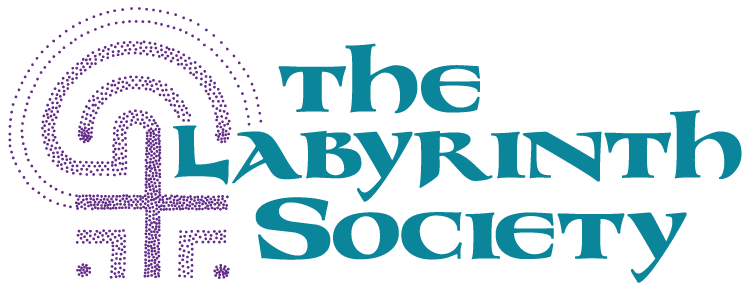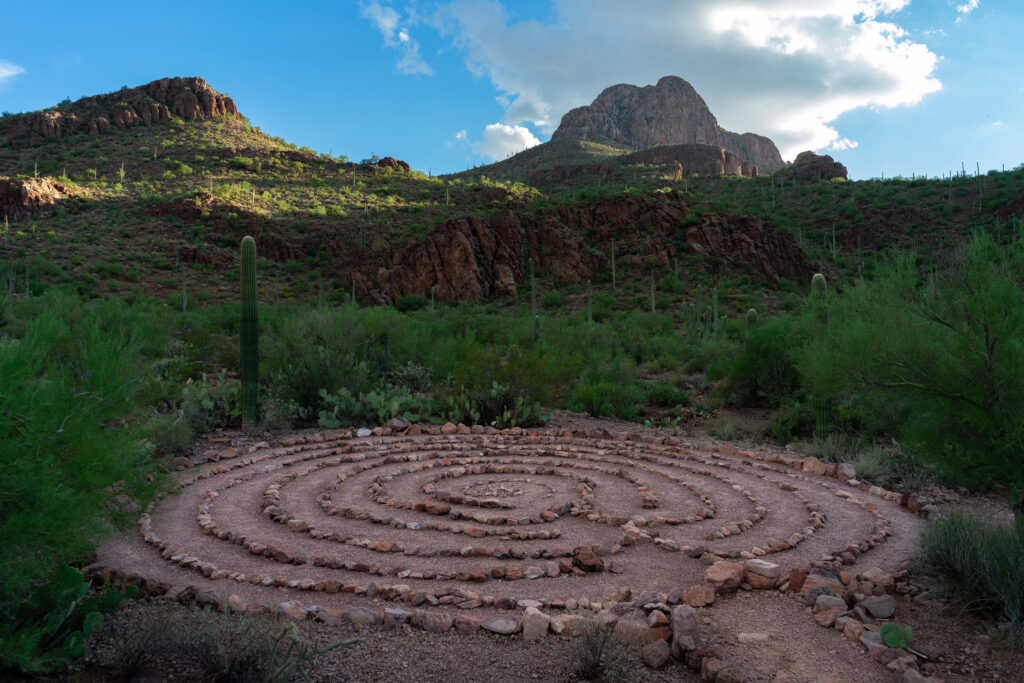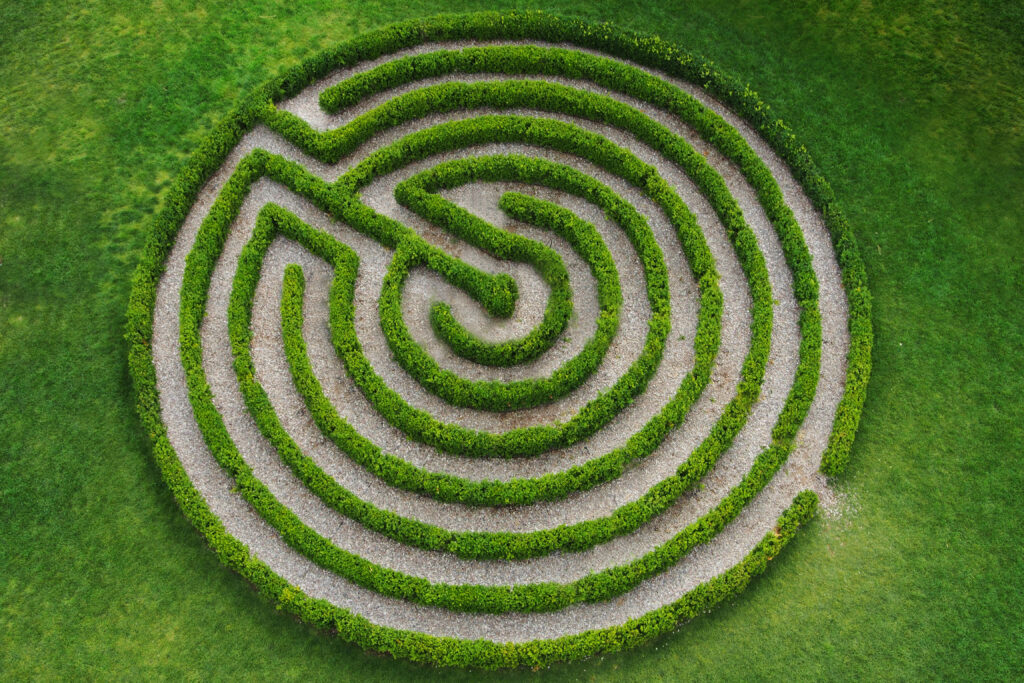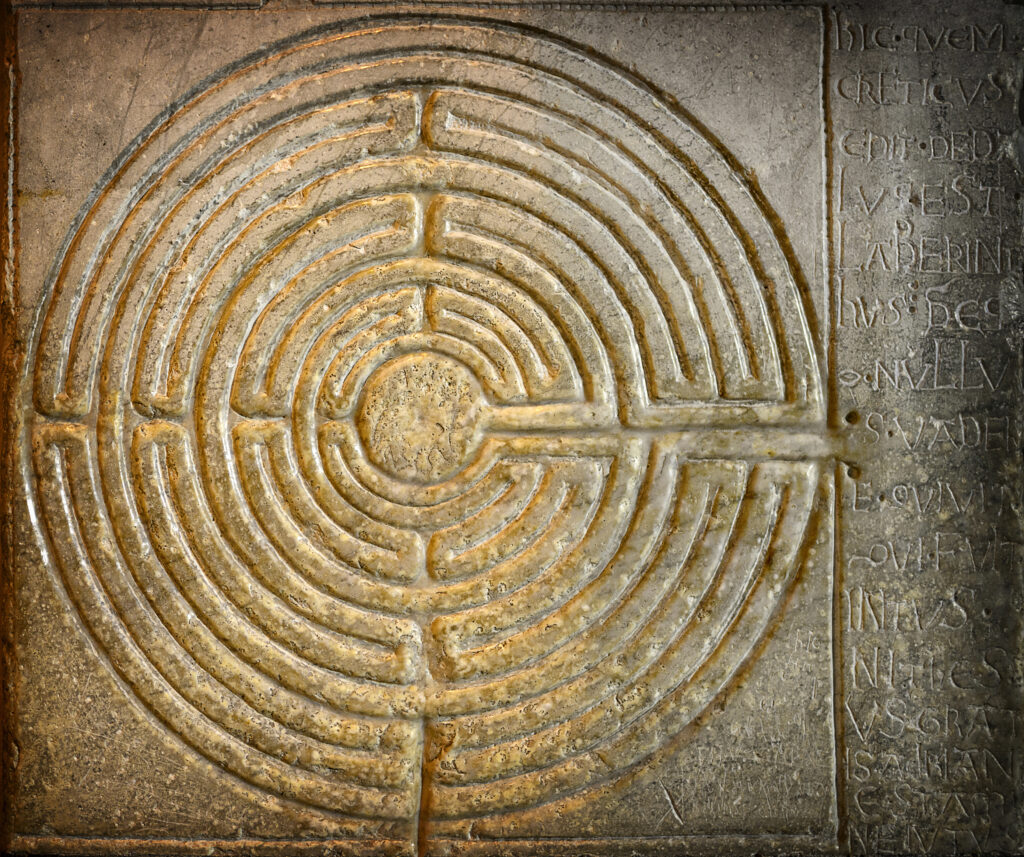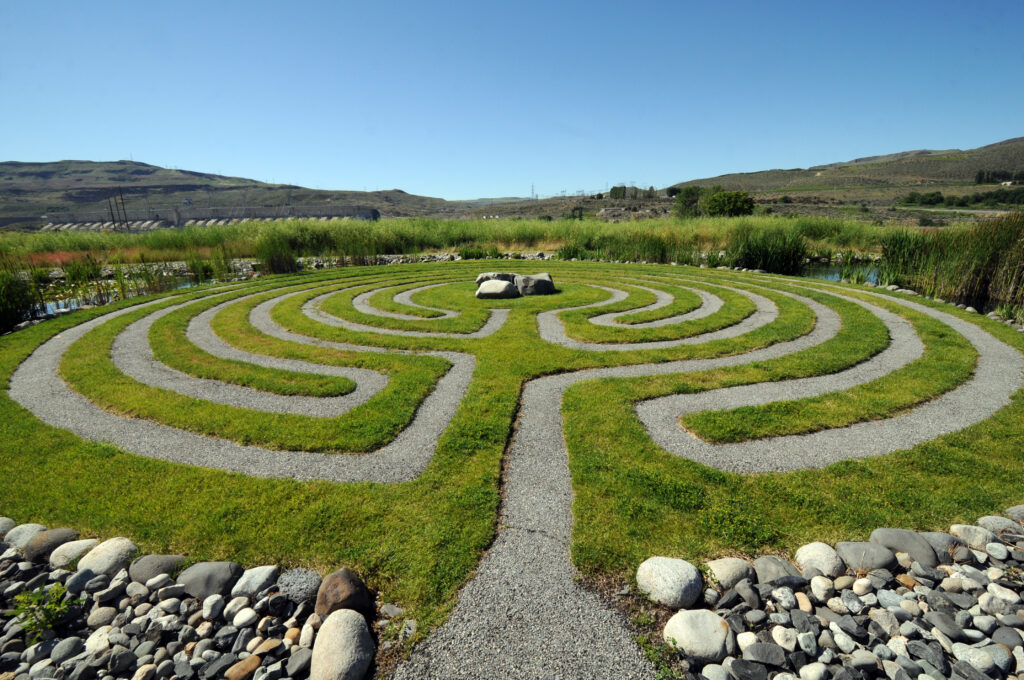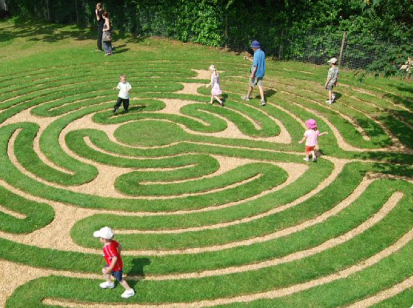NEW! Open Call for Researchers and Discoverers
Researchers who are conducting Labyrinth research and would like to recruit participants in their study can submit the following form to the Research Committee Chair:
Why do Labyrinth Research?
Early in the twenty-first century, perhaps for the first time in the multi-thousand-year history of labyrinths, people began asking a different set of questions about the labyrinth. In addition to the usual historical, contextual, and archaeological questions about the designs, locations and uses of labyrinths over the years, people began to ask questions about the reported effects of walking labyrinths or interacting with labyrinths in a variety of other ways.
People began to ask questions about the psychological and physiological causes of perceived and often-reported “labyrinth effects,” as well as whether or not these perceived “labyrinth effects” could be isolated and measured. These questions have given rise to a new and emerging field of labyrinth research.
If you have an interest in labyrinth research, please join with us and other like-minded individuals as we build a research base. Many people who want to take labyrinths to hospitals, hospices, schools, corporations, and other organizations are confronted with requests for data not only on what the labyrinth is, but also if/why it has the effects it is reported to have.
Whether your area of interest is health, education, spirituality, art, history, or other areas, we invite your participation in developing solid information that will document the effects of the labyrinth. Below is the mission statement of the Research Committee.
If you are interested in finding out about labyrinth research, initiating a research project, or joining the Research Committee, please contact the Research Committee Chair.
Mission Statement of the Labyrinth Research Committee
The Labyrinth Society Research Committee supports research on labyrinths and labyrinth experiences by providing a resource base and encouraging a wide variety of labyrinth-related research interests.
